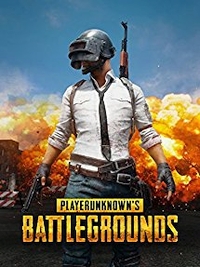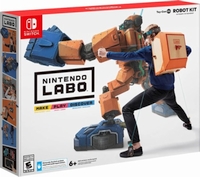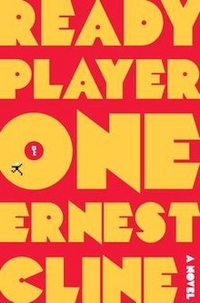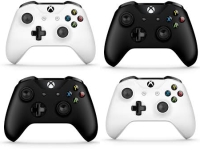 Combining the gameplay style from third-person shooters like Uncharted and Tomb Raider with the “Kill or Be Killed” rules from The Hunger Games, “Battle Royale” games are all the rage among video game players these days.
Combining the gameplay style from third-person shooters like Uncharted and Tomb Raider with the “Kill or Be Killed” rules from The Hunger Games, “Battle Royale” games are all the rage among video game players these days.
If your patrons have been asking for these games and you feel left out of the loop, don’t worry, Programming Librarian Dustan Archer has published a great overview of the genre’s two biggest titles, Fortnite: Battle Royale and PlayerUnknown’s Battlegrounds, at Teen Services Underground:
Battle Royale is, at its heart, a last person standing survival game. In most games of this genre, players have to acquire weapons, armor, healing kits and other items in order to eliminate other players and survive other players’ attacks, all while staying within the ever-shrinking ‘safe zone’. This ‘safe zone’ shrinks over the duration of the game to encourage players to come into contact with each other and force combat to occur, rather than allow players to ‘camp’ – or stay in one place – and wait for an enemy to show up without the risk of revealing their own position. In many of these games, players can stay outside of the safe zone for a brief period of time but will lose health steadily until they re-enter the safe zone.
I’ve played about a dozen rounds of PlayerUnknown’s Battlegrounds, and even in its unfinished state (“PUBG” is currently available as an “Early Access” title), the game is incredibly well done. The action is intense, and being able to survive against 99 other players feels like a real achievement.
Like Dustan, I think that both “Battle Royale” games would make an excellent addition to the game collection of any library.
PlayerUnknown’s Battlegrounds can be purchased for the PC and Xbox One for $19.99 (but only as a downloadable game). Fortnite: Battle Royale is also only available as a downloadable game, but it can be downloaded for free on the PC, PS4, and Xbox One.

 It’s hard to believe that two of the most-anticipated new releases of the month are a pair of cardboard construction kits from Nintendo. But here we are… the Nintendo Labo: Robot Kit and the Nintendo Labo: Variety Kit are at the top of every Switch owner’s wishlist.
It’s hard to believe that two of the most-anticipated new releases of the month are a pair of cardboard construction kits from Nintendo. But here we are… the Nintendo Labo: Robot Kit and the Nintendo Labo: Variety Kit are at the top of every Switch owner’s wishlist. Steven Spielberg’s adaptation of Ready Player One will open in theaters next month, and many librarians are looking for ways to create programming that ties in with the virtual adventure.
Steven Spielberg’s adaptation of Ready Player One will open in theaters next month, and many librarians are looking for ways to create programming that ties in with the virtual adventure. Just in time for the Super Bowl, the
Just in time for the Super Bowl, the  Did you grow up collecting Dots and dodging Ghosts in Pac-Man? If so, you might want to give a “Life-Size Pac-Man” program a try.
Did you grow up collecting Dots and dodging Ghosts in Pac-Man? If so, you might want to give a “Life-Size Pac-Man” program a try.